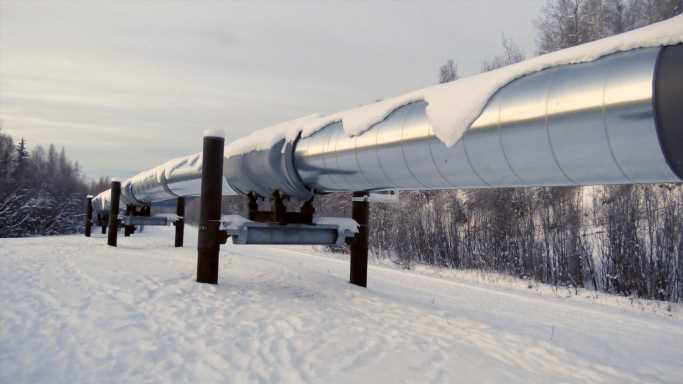On Wednesday, the Biden administration canceled the seven remaining oil and gas leases issued by the Trump administration to develop a portion of Alaska’s National Petroleum Reserve (NPR-A). In a statement, the president said that canceling the leases and “more than 13 million acres in the Western Arctic will help preserve our Arctic lands and wildlife, while honoring the culture, history, and enduring wisdom of Alaska Natives who have lived on these lands since time immemorial.” (This person owns the most land in America.)
Earlier this year, on March 13, President Biden approved ConocoPhillips’ Willow Project, much to the dismay of environmental groups and some Alaska Native organizations. The 385-acre project, according to its operator, ConocoPhillips, is a tiny fraction of the NPR-A’s 23 million acres.
Two days after approving the project, the first lawsuits were filed by Earthjustice and others. A federal court in Alaska dismissed the complaints two weeks later.
The Willow project’s estimated cost is $8 billion, and Conoco expects to produce more than 600 million barrels of oil over the 30-year life of the project. When the project was approved, the Biden administration cut the number of well pads allowed from five to three, although those three will allow the company to produce about 90% of the oil it had originally projected.
The canceled leases had been awarded to a state corporation, the Alaska Industrial Development and Export Authority, in a lease sale conducted in 2021. No other oil producer bid on the leases after major banks said they would not finance future Arctic oil and gas projects.
Alaskan Congresswoman Mary Peltola, a Democrat and native Yup’ik, said she was “deeply frustrated” by Biden’s cancellation of the leases:
This administration showed that it is capable of listening to Alaskans with the approval of the Willow Project, and it is some of those same Inupiat North Slope communities who are most impacted by this decision. I will continue to advocate for them and for Alaska’s ability to explore and develop our natural resources.
In its description of the Willow project, Conoco claims that it will generate between $8 billion and $18 billion in new revenue for state and local governments and provide 2,500 temporary construction jobs and 300 long-term jobs.
Among the avoided threats to the environment from the Biden administration’s action is further melting of the permafrost layer. According to the MIT Climate Primer, temperatures in the Arctic have already increased by 5.5° F, three times faster than increases in the rest of the world.
When the permafrost thaws, “bacteria can break down that organic matter, releasing that carbon into the atmosphere as the greenhouse gases carbon dioxide or methane. Once in the atmosphere, these greenhouse gases further warm the planet, creating a positive feedback loop that thaws more permafrost.”
Sponsored: Tips for Investing
A financial advisor can help you understand the advantages and disadvantages of investment properties. Finding a qualified financial advisor doesn’t have to be hard. SmartAsset’s free tool matches you with up to three financial advisors who serve your area, and you can interview your advisor matches at no cost to decide which one is right for you. If you’re ready to find an advisor who can help you achieve your financial goals, get started now.
Investing in real estate can diversify your portfolio. But expanding your horizons may add additional costs. If you’re an investor looking to minimize expenses, consider checking out online brokerages. They often offer low investment fees, helping you maximize your profit.
Source: Read Full Article
-
Anyone can be a victim of tax fraud and scams – The Denver Post
-
German Unemployment Rises Sharply Amid Weak Economic Activity
-
House Judiciary Committee To Vote On Citing Meta’s Mark Zuckerberg For Contempt Of Congress
-
Major PSU banks to go live on account aggregator system by July-end
-
Russia offers oil at even cheaper rates to India

